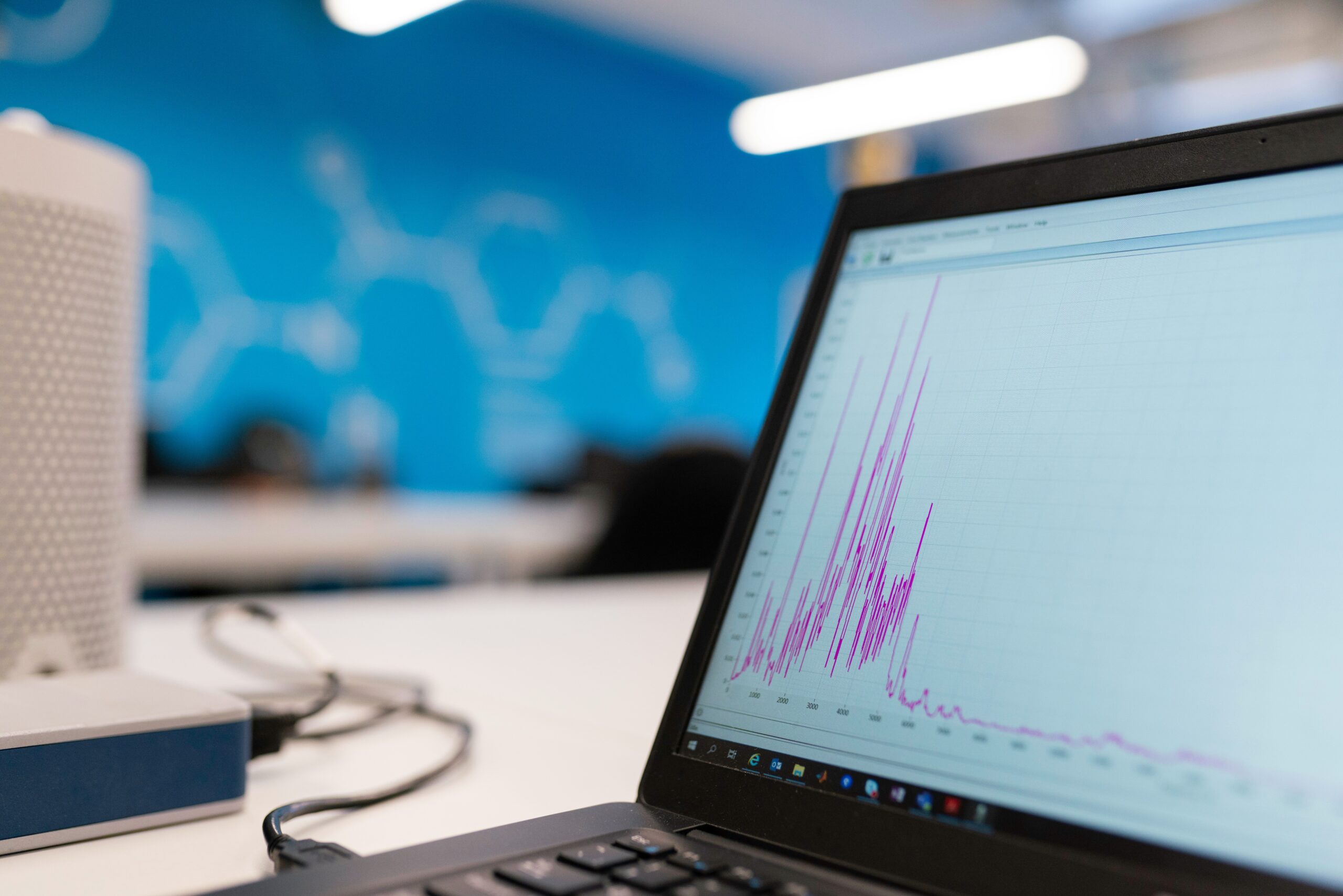Accurate financial reporting and compliance are more critical than ever. With new regulations like the Financial Accounting Standards Board’s (FASB) ASC 842 and the International Financial Reporting Standards (IFRS) 16 coming into effect, businesses are increasingly required to bring lease obligations onto their balance sheets. This has led to a surge in demand for lease accounting software, which helps businesses manage their leases effectively, ensure compliance, and streamline their financial operations. This article explores why more businesses are investing in lease accounting software, the benefits it offers, and compares it with other types of accounting software that are essential for business success.
The Rising Need for Lease Accounting Software
Lease accounting software has become a vital tool for businesses of all sizes, particularly those with a significant number of leases. This software automates the complex process of managing leases, from tracking lease terms and payments to ensuring compliance with new accounting standards. The need for such software has been driven by several factors, including regulatory changes, the complexity of lease agreements, and the desire for greater financial transparency.
Key Drivers for Adopting Lease Accounting Software
- Regulatory Compliance: The introduction of ASC 842 and IFRS 16 has fundamentally changed how businesses account for leases. These regulations require businesses to recognize nearly all leases on their balance sheets, which can significantly impact financial statements. Lease accounting software helps businesses stay compliant with these standards by automating the tracking and reporting of lease-related data.
- Enhanced Accuracy and Efficiency: Managing leases manually or through spreadsheets is prone to errors and can be time-consuming. Lease accounting software reduces the risk of human error by automating calculations and ensuring that all lease data is accurately recorded. This not only improves the accuracy of financial reporting but also frees up time for finance teams to focus on more strategic activities.
- Better Financial Visibility: Lease accounting software provides businesses with a clear view of their lease obligations and how they impact the company’s overall financial health. This visibility is crucial for making informed decisions about lease management, such as whether to renew, terminate, or renegotiate leases.
- Scalability: As businesses grow, the number of leases they manage can increase significantly. Lease accounting software is designed to scale with the business, making it easier to manage a large portfolio of leases without the need for additional resources.
PwC reports that 75% of companies surveyed have implemented or plan to implement lease accounting software to comply with the new lease accounting standards, highlighting the widespread adoption of these tools.
There are differing kinds of software on the market that you can use to help your business out. For example, LeaseQuery software allows a business to track their leases while also staying compliant to the latest accounting guidelines.
Types of Accounting Software Essential for Business Success
While lease accounting software addresses specific needs related to lease management, businesses also rely on a variety of other accounting software to manage their financial operations effectively. Each type of accounting software serves a different purpose, and together, they provide a comprehensive solution for managing a company’s finances.
Essential Accounting Software for Businesses
- General Ledger Software: The general ledger is the backbone of a company’s accounting system. General ledger software allows businesses to track all financial transactions, including income, expenses, assets, and liabilities. This software is essential for maintaining accurate financial records and producing financial statements.
- Accounts Payable/Receivable Software: Managing cash flow is critical for any business. Accounts payable/receivable software helps businesses track invoices, payments, and outstanding balances. This software ensures that businesses can manage their cash flow effectively and avoid late payments or missed invoices.
- Payroll Software: Payroll is one of the most important aspects of business operations. Payroll software automates the process of calculating employee wages, withholding taxes, and generating paychecks. It also ensures compliance with tax regulations and reduces the risk of payroll errors.
- Expense Management Software: Keeping track of employee expenses can be challenging, especially in larger organizations. Expense management software simplifies this process by allowing employees to submit expenses electronically and automating the approval and reimbursement process. This software helps businesses control spending and ensures that all expenses are properly accounted for.
Comparison of Different Types of Accounting Software
| Software Type | Primary Function | Key Benefits | Ideal For |
| Lease Accounting Software | Manages and tracks leases | Ensures compliance with lease accounting standards, improves accuracy and financial visibility | Businesses with multiple lease agreements |
| General Ledger Software | Tracks all financial transactions | Centralizes financial data, supports financial reporting | All businesses |
| Accounts Payable/Receivable Software | Manages invoices and payments | Improves cash flow management, reduces payment errors | Businesses of all sizes |
| Payroll Software | Automates payroll processing | Ensures accurate payroll, compliance with tax regulations | Businesses with employees |
| Expense Management Software | Tracks and manages employee expenses | Controls spending, simplifies expense reporting | Medium to large businesses with frequent travel/expenses |
Gartner predicts that the global accounting software market will grow at a compound annual growth rate (CAGR) of 8.5% from 2021 to 2026, indicating a strong demand for various types of accounting software as businesses seek to optimize their financial management.
The Benefits of Integrating Lease Accounting Software with Other Systems
One of the most significant advantages of lease accounting software is its ability to integrate with other financial systems, such as general ledger, accounts payable/receivable, and expense management software. This integration allows businesses to streamline their financial operations, ensuring that lease data is seamlessly incorporated into overall financial reporting and decision-making processes.
Advantages of Integration
- Streamlined Financial Reporting: When lease accounting software is integrated with a company’s general ledger, all lease-related transactions are automatically recorded and reflected in financial statements. This ensures that financial reports are accurate and up-to-date, providing a clear picture of the company’s financial health.
- Improved Data Consistency: Integration reduces the risk of data discrepancies between different systems. Lease data entered into the lease accounting software is automatically synchronized with other financial systems, ensuring that all departments have access to consistent and accurate information.
- Enhanced Decision-Making: With all financial data integrated and accessible from a single platform, business leaders can make more informed decisions about lease management, budgeting, and financial planning. This holistic view of the company’s finances helps drive better strategic outcomes.
- Increased Efficiency: Integration eliminates the need for manual data entry and reconciliation between different systems, reducing the workload on finance teams and minimizing the risk of errors. This efficiency allows businesses to focus on more value-added activities, such as financial analysis and forecasting.
Deloitte found that businesses that integrate their financial systems experience a 30% improvement in financial reporting accuracy and a 20% reduction in the time spent on financial close processes, underscoring the benefits of a unified financial management approach.
Conclusion
As businesses navigate the complexities of modern financial management, the need for specialized software solutions has become increasingly apparent. Lease accounting software, in particular, has emerged as a critical tool for ensuring compliance with new accounting standards, improving financial accuracy, and managing lease portfolios effectively. However, it is just one piece of the puzzle. A comprehensive approach to financial management requires the integration of various accounting software types, including general ledger, accounts payable/receivable, payroll, and expense management systems. By investing in the right mix of software solutions and ensuring seamless integration, businesses can optimize their financial operations, make more informed decisions, and achieve long-term success in an increasingly competitive marketplace.











